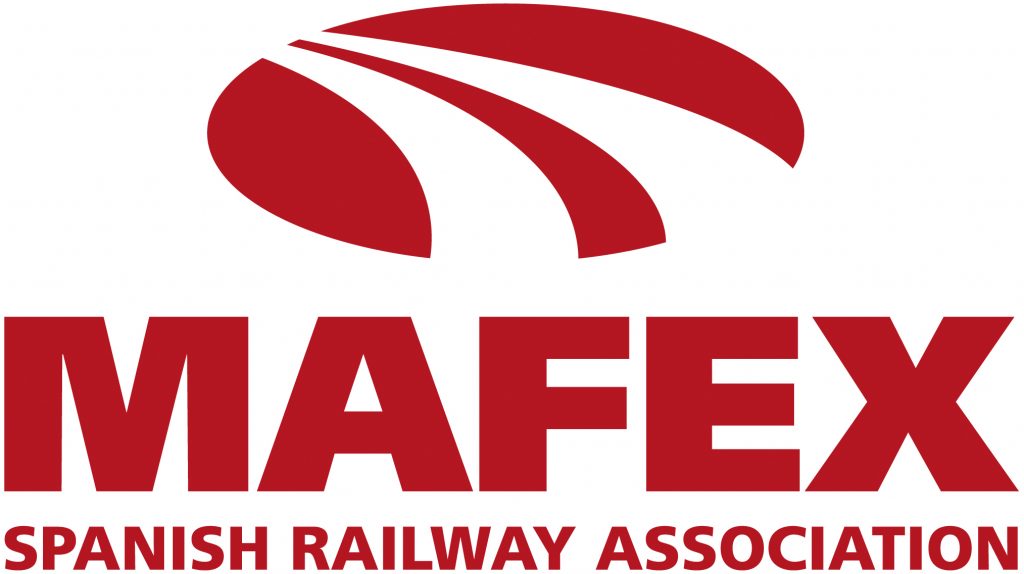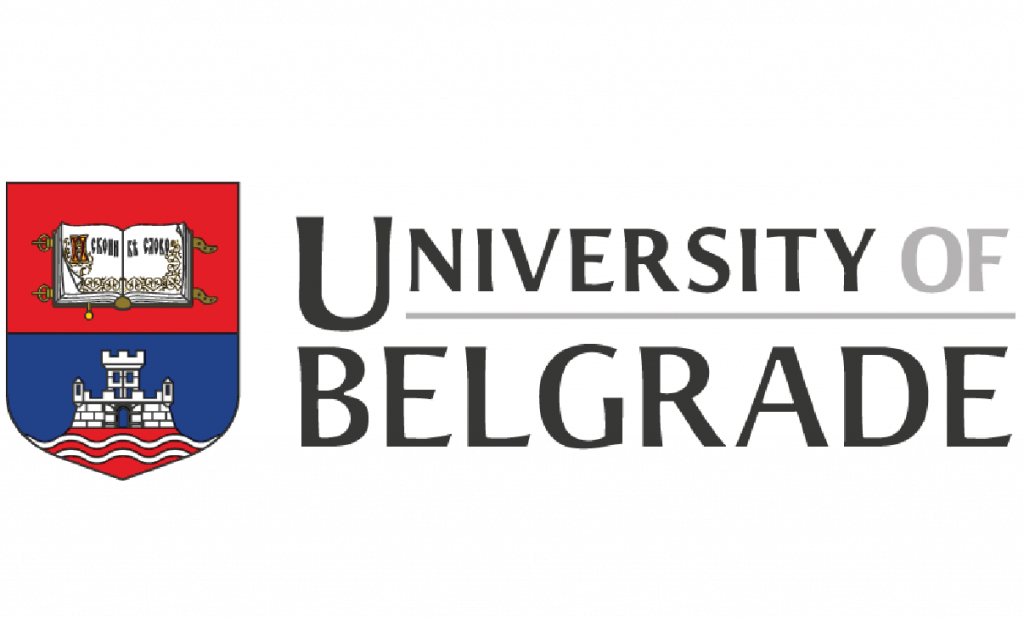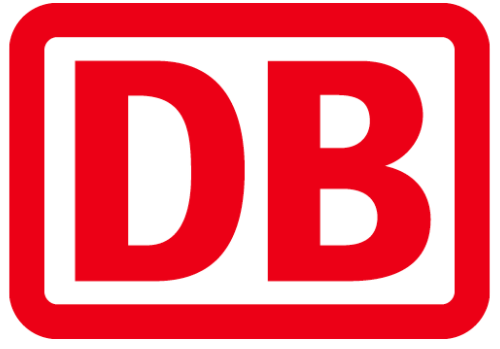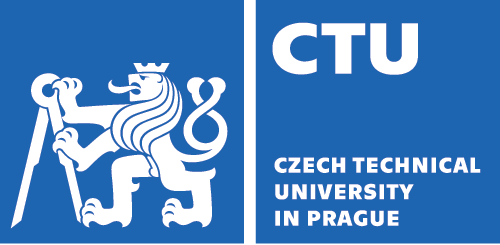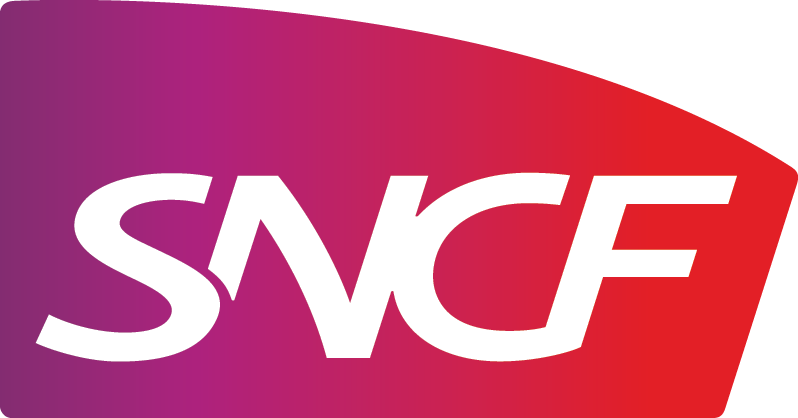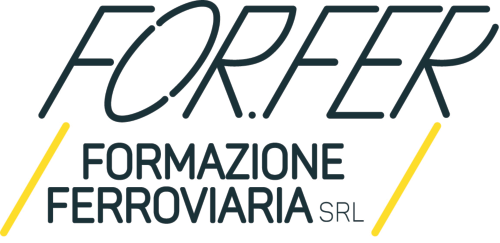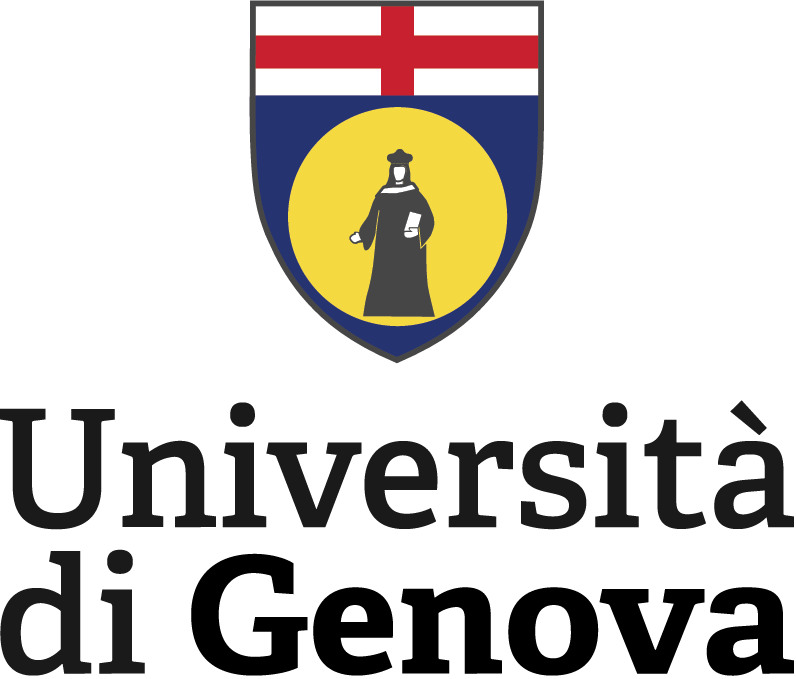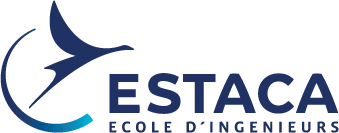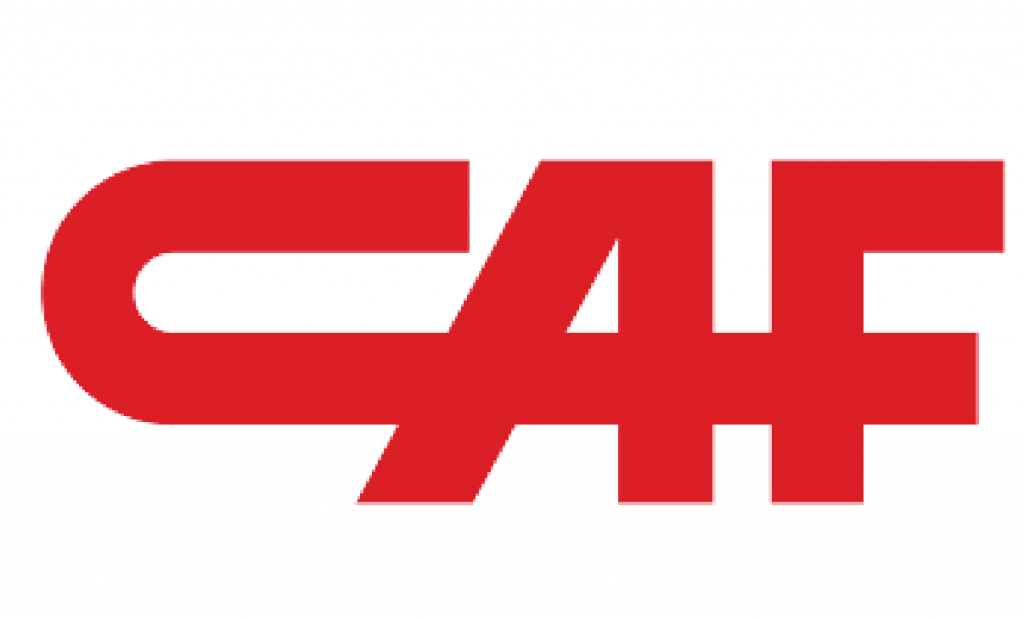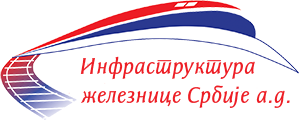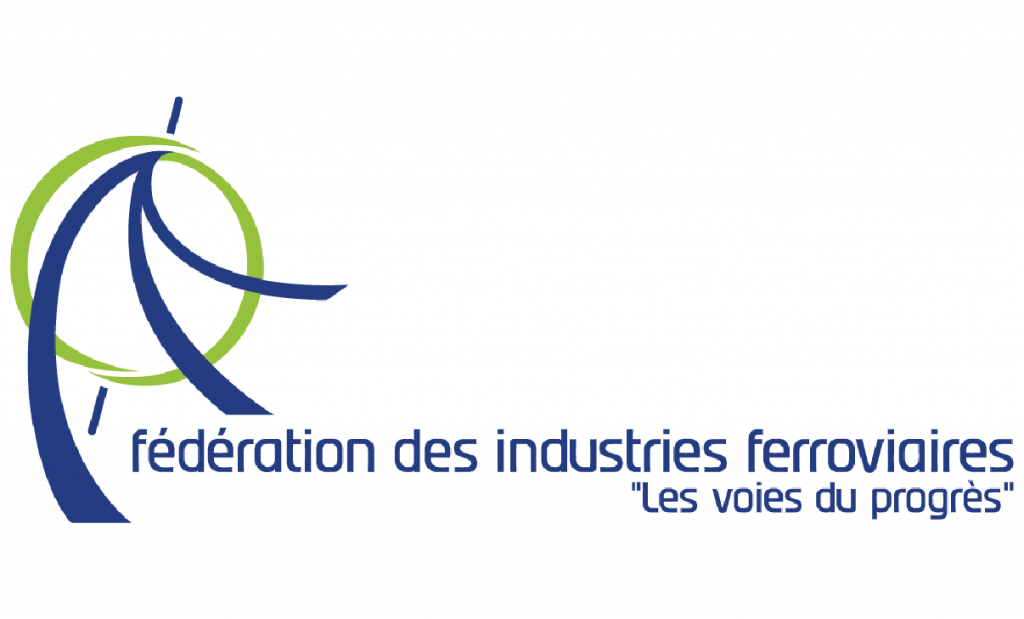About STAFFER
Context
Rail is a hallmark of modern European life – citizens ride trains, trams and metros every day to go to work and see loved ones, our goods reach faraway markets on its freight lines and allow visitors to experience the wonders of the European Union. It will become even more depended upon as the European Commission has made addressing climate change a cornerstone of European policy and has identified rail as a potential backbone for sustainable mobility – under the 2020 Sustainable and Smart Mobility Strategy, which calls to double high-speed rail and freight traffic by 2030 and 2050, respectively. However, there’s one big problem – Europe is currently lacking the skills needed to keep its railways humming to their full potential.
In 2019, a European Commission Study on the competitiveness of the Rail Supply Industry identified the “promotion of the development of skills and safeguard of access to skilled labour” as one of the main action fields for ensuring Europe’s rail supply industry’s leadership. According to this study, “the supply of technical engineers may become a bottleneck in maintaining the competitive position of the EU rail supply industry”. It even states that “combined with a decreasing workforce due to ageing, perception of an unattractive sector, and changing skill requirements due to the digital transformation, it is expected that this skills shortage could increase in the near future”. These mounting challenges necessitate action without further delay. Later that year, the Final Report of the EC Expert Group on the Competitiveness of the EU Rail Supply Industry confirmed that “in view of the ageing population, a significant cohort of employees is expected to retire within the coming years. At the same time, transformation related to digital and high-tech technologies creates mismatches between available and demanded skills. Already now, enterprises in many Member States are reporting difficulties to find railway engineers”.
By the end of 2019, following these discussions held within the EC Expert Group on the Competitiveness of the EU Rail Supply Industry, it was clear that these weaknesses must be addressed immediately. In response, the Commission shortlisted the rail industry as 1 of 6 sectors eligible for the creation of an Erasmus+ Blueprint for Sectoral Cooperation on Skills.
The STAFFER Blueprint
The Blueprint is an EU-funded framework for strategic cooperation between key businesses, trade unions, education and vocational training stakeholders and public authorities. The aim is to support an overall sectoral skills strategy and develop concrete actions to address short- and medium-term skills needs. After several months of preparation, 32 partners submitted their proposal for a European project in February 2020. The Commission announced during the summer of 2020 that the project – Skill Training Alliance For the Future European Rail system (STAFFER) – had been approved to be the future Blueprint for our sector.
Coordinated by the University of Genoa, our alliance officially started on 1 November 2020 and will last for 4 years. Its objective is to help identify the main existing skill gaps and assess the future needs in our industry, Vocational & Education Training (VET) institutions and technical universities to propose adaptations to curricula, training and educational programmes so as to address new technological developments and trends.
